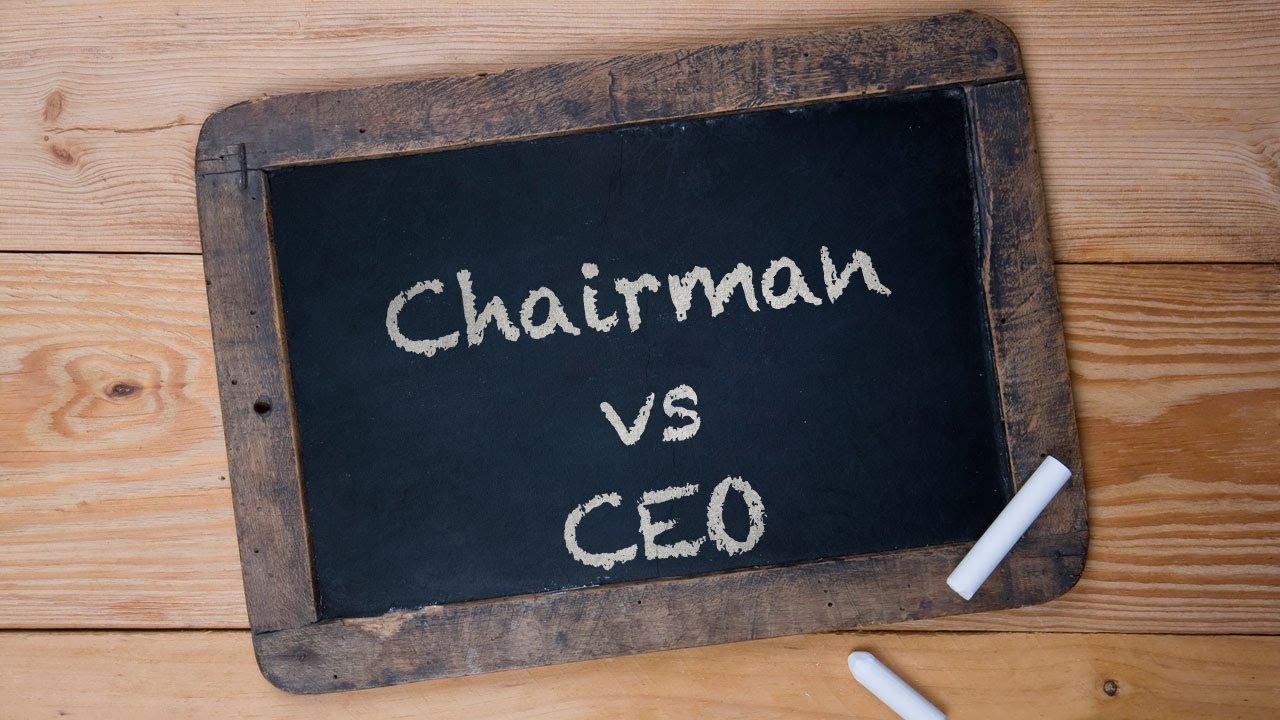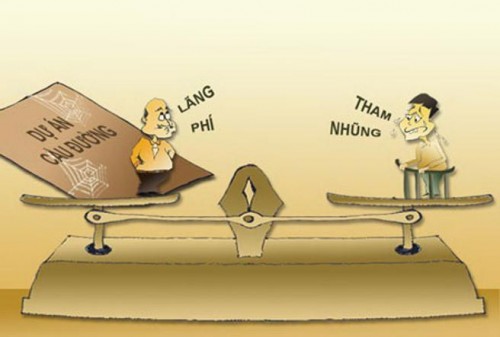Real estate transactions always contain many risks, while buyers and investors are often very passive before complicated situations.
Therefore, within the scope of this article, the writer will focus on presenting a mechanism to warn and protect the interests of the homebuyers in cases where the investor fails to fulfill his obligations, the project is discontinued and the investor withdraws from the project.
The mechanism for warning and protecting homebuyers can be understood as a combination of legal regulations, methods and measures to prevent risks and deal with consequences when risks occur in order to ensure legal rights and interests of the buyer.
THE INVESTOR FAILS TO FULFILL THEIR OBLIGATIONS
In fact, the investor’s violation of obligations is common, there are cases where the investor commits to hand over the house within 3 years, but after 4 or 5 years, hombuyers still have not received the house. Or there is a case that the investor has received a deposit from the people but does not implement the project.
The assurance that investors will properly perform their responsibilities as well as protect the interests of home buyers can be done in the following ways:
- Self defense measures
In order to protect their own interests, the buyer needs to pay attention to the terms of the contract. A contract is an agreement between the parties whereby the parties must comply with the provisions of the contract which they have signed. The issue of how the investor fails to perform or improperly performs the obligation will be fined and how to compensate for damage must be specified in the contract. Even the buyer can initiate a civil lawsuit against the investor if necessary.Sổ tay ăn dặm | Mèo phong thuỷ | Bảo Châu Sport
- Legal measures
Vietnam sets out many regulations to protect homebuyers in transactions with investors. Accordingly, regulations to prevent risks include: (1) regulations on conditions of future real estate to be put into sale and purchase; (2) bank guarantee. Not all real estate formed in the future can be put into business but must meet the conditions in Article 55 of the current Real Estate Business Law. These real estates must have papers on land use rights, project documents, construction drawings approved by competent authorities, documents on acceptance of the completion of technical infrastructure construction. In addition, the investor before selling a future real estate, must be guaranteed by a commercial bank that is capable of guaranteeing the investor’s financial obligations to the client when the investor does not hand over the house according to the schedule committed to the client[1]. With such conditions, the law has contributed to limiting the risks that may occur to the buyer.
THE PROJECT IS DISCONTINUED
According to Article 47 of Investment Law, the entity which has the right to terminate an investment project is the owner of the investment project, the state management agency in charge of investment and the Prime Minister. The total downtime of an investment project is no more than 12 months. However, in the case of an investment project cessation t under a court decision, an effective arbitral award or a decision of a state management agency in charge of investment, the downtime of the investment project is determined according to a court decision, an arbitral award or a decision of a state management agency in charge of investment.
The law stipulates that when the project is discontinued, the investor must notify the investment registration agency in writing, but there are no specific regulations on the responsibility to notify the buyers as well as the buyers’ rights be guaranteed when the project stops deploying.
In case of an investment project cessation under a court decision, the law does not stipulate a maximum downtime, while, at the time of contract signing, many clients have to deposit amount equivalent to 30% of the contract value. Stopping the project without knowing when to continue will cause confusion for homebuyers, the money they have deposited is considered “disabled”, neither can be recovered nor used. It can be seen that the current law lacks a mechanism to ensure the interests of the buyer when the investment project is discontinued.
THE INVESTOR WITHDRAWS FORM THE PROJECT
Which means the investor has decided to terminate the operation of the investment project or transfer the project to another party for implementation. According to Clause 8, Article 57 of Decree 31/2021/ND-CP, after terminating the contract, the investor must liquidate the investment project in accordance with the law. This liquidation obligation includes the investor obligation to return the buyers’ money. However, practice shows that the common reason that investors give to withdraw from the project is that they no longer have financial capacity. Therefore, it is extremely difficult for buyers to receive money.
Transferring the project to another party with the capacity to perform is the more optimal solution to ensure the interests of the homebuyer when the investor withdraws from the project. In fact, there are a number of real estate projects that have been down for many years that have been “revived” with the participation of other investors, giving hope to buyers.
It can be seen that, at present, the mechanism to ensure the legitimate rights and interests of buyers in home purchase transactions still has many legal loopholes. Therefore, people need to protect themselves to minimize risks. Currently, the law does not stipulate that the investor is responsible for warning these disadvantages or risks, so having a legal advisor to point out the adverse consequences that the investor has may suffer is essential, which helps buyers get access to more information to make a decision to invest in this project or not. In addition, when the investor violates the contract, the buyer can apply measures such as demanding compensation, fining for violations or requesting administrative sanctions. At this time, having a lawyer to support will help improve efficiency in the process.
[1] Clause 1 Article 56 of Real Estate Bussiness Law
See more:










